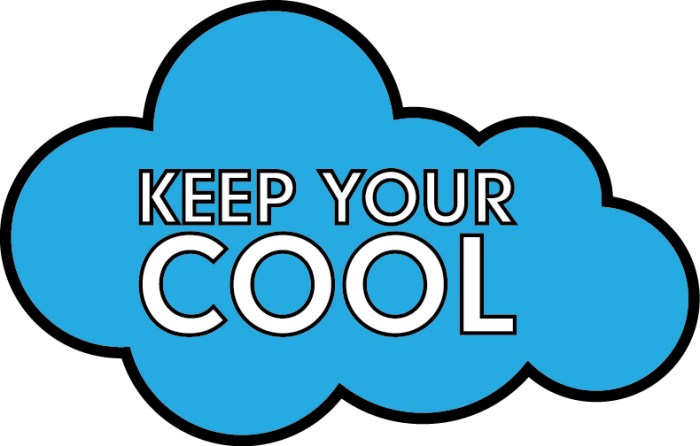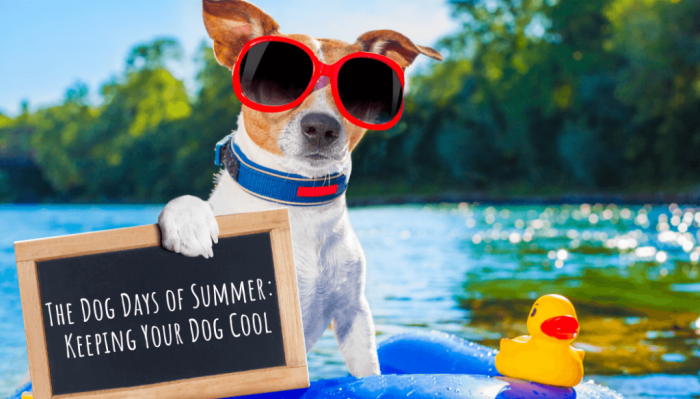Without getting worked up crossword, crossword puzzles have captivated minds for over a century, offering a unique blend of mental stimulation and entertainment. From their humble beginnings to their enduring popularity, crosswords have become an integral part of our cultural landscape.
This comprehensive guide delves into the fascinating world of crossword puzzles, exploring their history, solving techniques, psychological benefits, and diverse types. Whether you’re a seasoned solver or just starting out, this guide will provide valuable insights and enhance your crossword experience.
Historical Context of Crossword Puzzles

Crossword puzzles, a beloved pastime enjoyed by millions worldwide, have a rich history that spans over a century. Their origins can be traced back to the late 19th century, when various word puzzles emerged as a popular form of entertainment in newspapers and magazines.
The first known crossword puzzle, created by Arthur Wynne, was published in the New York World on December 21, 1913. It was initially called a “word-cross,” but the term “crossword puzzle” quickly gained popularity and became the standard name for this type of puzzle.
Popularity and Cultural Impact
Crossword puzzles gained immense popularity in the early 20th century, becoming a regular feature in newspapers and magazines worldwide. Their popularity can be attributed to their unique blend of challenge, entertainment, and educational value.
Crosswords have had a significant cultural impact, becoming an integral part of popular culture. They have been featured in movies, television shows, and even video games. The annual Scripps National Spelling Bee, a prestigious competition for young spellers, includes a crossword puzzle round, highlighting the educational value and recognition crosswords hold in society.
Crossword Solving Techniques

Crossword puzzles are a fun and challenging way to improve your vocabulary and problem-solving skills. With a little practice, you can learn how to solve even the most difficult puzzles.
Here are a few tips and strategies to help you get started:
Word Patterns
- Look for words that fit the pattern of the puzzle. For example, if the clue is “a four-letter word for a type of tree,” the answer will likely be a word like “oak” or “pine.”
- Use your knowledge of prefixes and suffixes to help you guess the meaning of words. For example, the prefix “un-” means “not,” so the word “unhappy” means “not happy.”
Letter Frequencies
- Pay attention to the frequency of letters in the puzzle. The most common letters in the English language are E, T, A, O, I, N, S, R, H, and D.
- Use this information to help you guess the answers to clues. For example, if a clue is “a three-letter word for a type of bird,” the answer is likely to be a word like “crow” or “owl.”
Other Clues
- Don’t be afraid to use the other clues in the puzzle to help you solve the ones you’re stuck on. For example, if you know that the answer to one clue is “a five-letter word for a type of flower,” you can use that information to help you guess the answer to a clue that is “a four-letter word for a type of flower.”
- Take your time and don’t get discouraged. Crossword puzzles can be challenging, but they’re also a lot of fun. With a little practice, you’ll be able to solve even the most difficult puzzles.
The Psychology of Crossword Solving: Without Getting Worked Up Crossword

Crossword puzzles are not just a fun pastime; they also offer various cognitive benefits. Solving crosswords engages multiple brain areas, providing a workout for different cognitive skills.
One of the most significant benefits of solving crosswords is improved memory. Crosswords require players to recall information from long-term memory, such as vocabulary, names, and dates. By regularly engaging in this activity, individuals can strengthen their memory and improve their ability to retrieve information.
Problem-Solving Skills
Crosswords also enhance problem-solving abilities. Solving a crossword puzzle involves breaking down complex clues into smaller, manageable pieces and then using logical reasoning and deduction to find the correct answer. This process strengthens problem-solving skills and improves the ability to think critically and creatively.
Vocabulary Expansion
Crosswords expose solvers to a wide range of words, both common and obscure. By encountering new words and their definitions, solvers expand their vocabulary and improve their communication skills.
Types of Crossword Puzzles
Crossword puzzles have evolved over time, giving rise to various types with distinct features and challenges. These include traditional, cryptic, and themed crosswords, each catering to different preferences and skill levels.
Traditional Crossword Puzzles, Without getting worked up crossword
Traditional crossword puzzles adhere to the classic format, consisting of a grid of black and white squares. The black squares represent blocked spaces, while the white squares allow for letter placement. Clues are provided, requiring solvers to fill in the grid with words or phrases that satisfy the clues and intersect correctly with other words.
Cryptic Crossword Puzzles
Cryptic crossword puzzles present a more challenging variation. The clues are often worded in a cryptic or misleading manner, requiring solvers to think laterally and decode the intended meaning. These puzzles typically involve wordplay, puns, and hidden meanings, making them a popular choice among experienced solvers.
Themed Crossword Puzzles
Themed crossword puzzles revolve around a central theme or concept. The clues and answers are all related to the theme, making them both entertaining and educational. Themed crosswords can cover a wide range of topics, from history and literature to pop culture and science.
Crossword Culture

Crossword puzzles have fostered a thriving community of enthusiasts who share a passion for solving these mental challenges. These individuals often gather at crossword tournaments and competitions, where they test their skills against each other and engage in friendly competition.
Crossword Tournaments and Competitions
Crossword tournaments and competitions are organized events where crossword enthusiasts gather to solve puzzles under timed conditions. Participants compete individually or in teams to complete puzzles accurately and quickly. These events provide a platform for crossword solvers to showcase their abilities, socialize with like-minded individuals, and learn from experienced puzzlers.
Key Questions Answered
What are the origins of crossword puzzles?
Crossword puzzles originated in the late 19th century, with the first known puzzle published in 1913 by Arthur Wynne in the New York World newspaper.
What are some tips for solving crossword puzzles?
Start with the easy clues, use word patterns and letter frequencies, and don’t be afraid to guess and check.
What are the cognitive benefits of solving crossword puzzles?
Crossword puzzles can improve memory, problem-solving skills, vocabulary, and overall cognitive function.